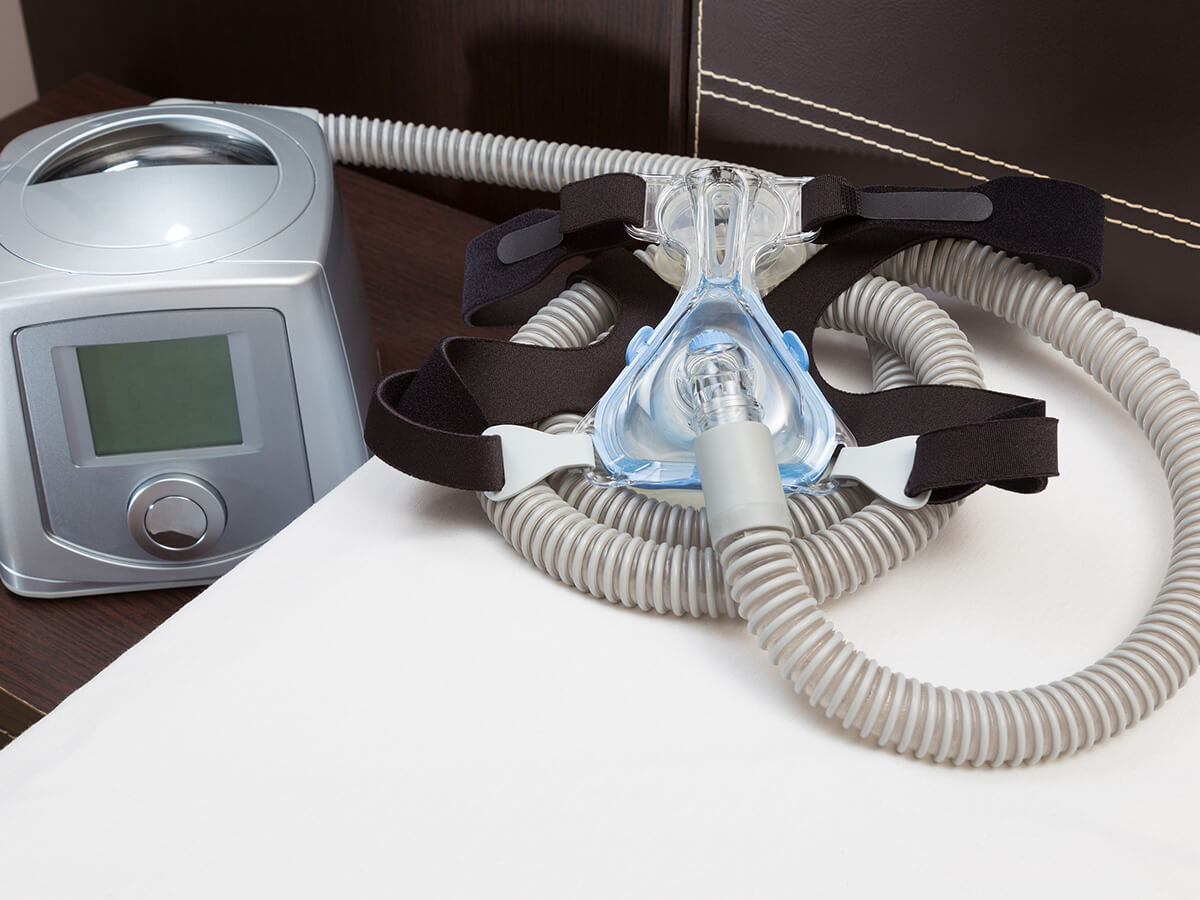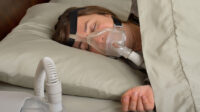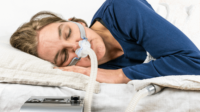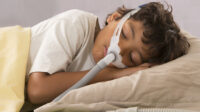The American Board of Internal Medicine (ABIM) Sleep Medicine exam is a major step on the path to becoming a certified sleep medicine specialist. The exam evaluates the knowledge and clinical judgment skills needed to practice. What can you expect on test day? Let’s break down the Sleep Medicine blueprint to look at what subjects will be tested on the exam and how you can best prepare.
What is the ABIM Sleep Medicine Exam Format?
The exam contains up to 240 single-best-answer multiple-choice questions. Approximately 40 of these are new questions that do not count in the examinee’s score. Most questions describe patient scenarios and ask about the tasks performed by physicians in practice.
What is Covered on the Sleep Medicine Board Exam?
The exam is developed jointly by the ABIM, the American Board of Anesthesiology, the American Board of Family Medicine, the American Board of Otolaryngology, the American Board of Pediatrics, and the American Board of Psychiatry and Neurology.
Exam content is determined by a pre-established blueprint, which is reviewed annually and updated as needed for currency. Trainees, training program directors, and certified practitioners in the discipline are surveyed periodically to provide feedback.
The primary medical content categories of the Sleep Medicine blueprint are shown below, with the percentage assigned to each for a typical exam:
Normal Sleep and Variants 16%
- Sleep-wake mechanisms, neurophysiology: 4%
- Other physiology: < 2%
- Normal Sleep: 2%
- Effects of sleep deprivation: < 2%
- Scoring and staging: 7%
Circadian Rhythm Sleep-Wake Disorders 10%
- Circadian sleep disorders: 6.5%
- Shift work disorder: <2%
- Jet lag disorder: <2%
- Circadian sleep-wake disorder not otherwise specified, including disruption related to behavior, medical conditions, or drugs or substances: <2%
Insomnia 17%
- Short-term insomnia: <2%
- Chronic insomnia in adults: 10.5%
- Chronic insomnia in children: 3.5%
- Insomnia related to behavior, medical conditions, or drugs or substances, and isolated symptoms and normal variants associated with complaints of insomnia: 2%
Central Disorders of Hypersomnia 12%
- Narcolepsy: 5%
- Idiopathic hypersomnia: <2%
- Kleine-Levin syndrome (periodic hypersomnia): <2%
- Insufficient sleep syndrome: 2.5%
- Hypersomnia due to medical disorders: <2%
- Hypersomnia due to medications: <2%
- Hypersomnia associated with psychiatric disorders: <2%
- Long Sleeper: <2%
Parasomnias 7%
- NREM-related parasomnias: 3%
- REM-related parasomnias: 3%
- Other parasomnias: <2%
- Isolated symptoms and normal variants: <2%
Sleep-Related Movements 8%
- Restless legs syndrome: 3.5%
- Periodic limb movement: <2%
- Rhythmic movement disorder: <2%
- Sleep-related leg cramps: <2%
- Bruxism: <2%
- Sleep myoclonus: <2%
- Other-sleep-related movement disorders due to medical disorders, medications, or substances: <2%
- Isolated symptoms and normal variants: <2%
Sleep-Related Breathing Disorders 20%
- Obstructive sleep apnea: 9%
- Central sleep apnea syndromes: 7.5%
- Sleep-related hypoventilation disorders: 2.5%
- Sleep-related hypoxemia disorder: <2%
- Isolated symptoms and normal variants: <2%
Sleep in Other Disorders 5%
- Neurologic disorders: 2%
- Psychiatric disorders: 2%
- Other medical disorders: <2%
Instrumentation and Testing 5%
- Electrical components: <2%
- Technical aspects of sleep devices: <2%
- Electrical safety: <2%
- Artifacts: <2%
- Study preparation and testing conditions: <2%
- Epidemiology and screening: <2%
How Can I Prepare for the Sleep Medicine Board Exam?
Studying for the Sleep Medicine Board Exam requires a strategic approach to mastering the extensive subject matter. There are countless books and other resources that allow you to master key concepts. One of these resources is the BoardVitals Sleep Medicine question bank. The BoardVitals Sleep Medicine question bank includes more than 700 review questions designed to mirror the format and content of the actual exam.
As you gear up for the Sleep Medicine Board Exam, it’s important to stay focused on the content and concepts that’ll be key to acing it. Dive into the material, practice with a variety of questions, and keep your study sessions consistent. With a solid grasp of sleep medicine and a good handle on the types of questions you’ll face, you’ll be well-prepared for test day.




